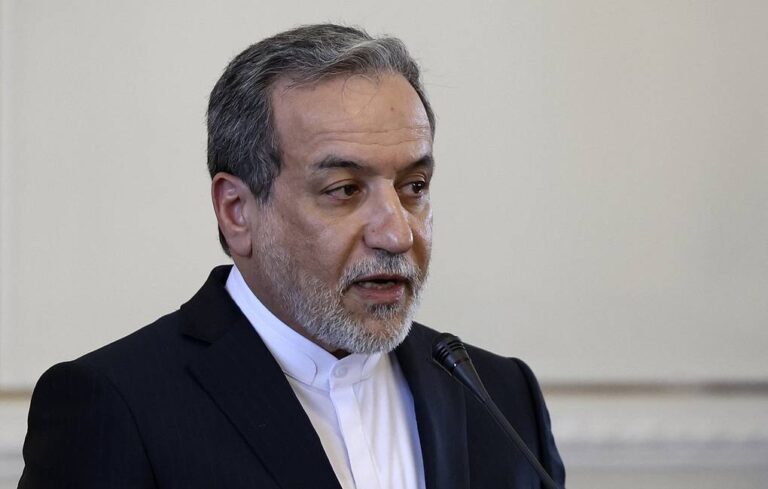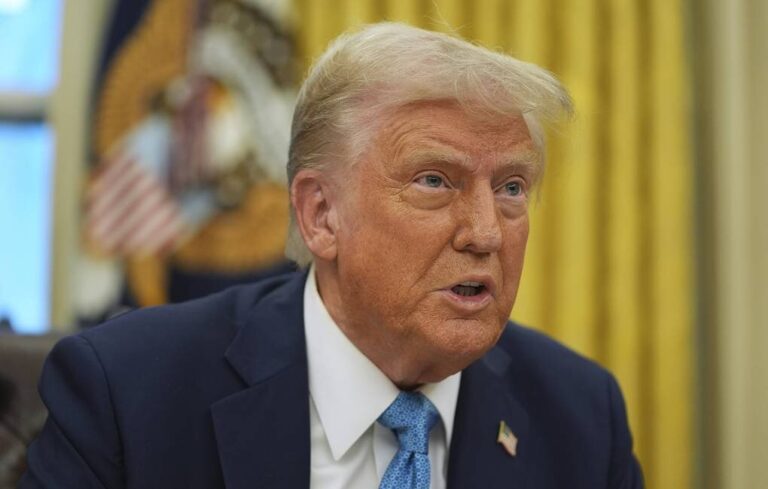Hungary Exits ICC Amid Netanyahu’s Visit: A Bold Political Move
Hungary has made headlines recently with its announcement to withdraw from the founding treaty of the International Criminal Court (ICC). This decision comes during a state visit from Israeli Prime Minister Benjamin Netanyahu, who has faced serious allegations of war crimes in Gaza. The developments surrounding Hungary’s relationship with the ICC are significant and raise questions about international justice and accountability.
On Thursday, as reported by the Hungarian state news agency MTI, Prime Minister Viktor Orban expressed Hungary’s intent to initiate the withdrawal process from the ICC. This statement came shortly after Netanyahu arrived in Budapest, marking a notable event in diplomatic relations between Hungary and Israel.
Notably, the ICC issued an arrest warrant against Netanyahu in November due to accusations of war crimes associated with the ongoing conflict in Gaza. Despite this, Orban stated that Hungary would not enforce the warrant and extended an invitation to Netanyahu for a state visit as a form of support. This highlights the close ties between Orban’s government and Netanyahu’s administration.
The announcement from Orban’s chief of staff, Gergely Gulyas, confirmed that the government would begin the withdrawal process later that day. Hungary, under Orban’s right-wing nationalist leadership, has consistently shown support for the Israeli government. This relationship has been further solidified in light of U.S. President Donald Trump’s actions to sanction the ICC’s prosecutor, Karim Khan, earlier this year. Following these events, Orban suggested that Hungary should reassess its ties with the court.
Currently, Hungary is one of the 125 states that are parties to the ICC statute, including all EU member countries, which are legally obligated to arrest and surrender individuals wanted by the ICC, such as Netanyahu. However, it is essential to note that Hungary’s decision to withdraw does not immediately absolve it of its legal responsibilities regarding the arrest warrant for Netanyahu.
Under Article 127 of the Rome Statute, Hungary must formally notify the United Nations Secretary-General of its intent to withdraw. Following the submission of this notice, the withdrawal will take effect one year after it is received. Hungary was among the first nations to ratify the Rome Statute, which established the ICC in 2002, and if its withdrawal proceeds, it will become the first country in the EU to exit the treaty.
This visit marks Netanyahu’s first trip to an ICC member state since the court issued arrest warrants for him and his former defense minister, Yoav Gallant, on November 21. This event is particularly noteworthy as it represents a significant moment in the court’s 22-year history, being the first time arrest warrants have been issued for senior officials from Western-allied nations.
In response to Hungary’s decision, Belgium’s Foreign Minister Maxime Prevot expressed strong disapproval, calling it “deeply regrettable.” He stated, “This is a significant setback for international justice and the fight against impunity for the most serious crimes, including genocide, crimes against humanity, war crimes, and the crime of aggression. It paves the way for a world where might makes right.”
The ICC’s spokesperson, Fadi El-Abdallah, also condemned Hungary’s lack of compliance with the court’s decisions, reminding that adherence to the Rome Statute is not only a legal obligation but also a commitment to other state parties. He noted, “When states have concerns in cooperating with the court, they may consult the court in a timely and efficient manner. However, it is not for states to unilaterally determine the soundness of the court’s legal decisions.”
Since the issuance of the arrest warrants, Netanyahu has limited his international travel significantly, with his only trip being a visit to Washington in February, invited by Trump. Under Netanyahu’s leadership, Israel has faced mounting accusations of war crimes, genocide, and crimes against humanity. The ongoing conflict in Gaza has resulted in devastating casualties, with reports indicating that more than 50,000 Palestinians have lost their lives, while the majority of the 2.4 million population has been forcibly displaced, leading to a humanitarian crisis in the region.
This situation underscores the complexities surrounding international law and the challenges faced by institutions like the ICC in holding powerful figures accountable. As Hungary moves forward with its withdrawal process, the implications for both national and international law will be significant, potentially reshaping the landscape of global justice.
In conclusion, Hungary’s decision to withdraw from the ICC amidst the backdrop of Netanyahu’s visit raises critical questions about the future of international law and the pursuit of justice for war crimes. The repercussions of this move will likely resonate beyond Hungary, impacting the broader discourse on accountability and the role of international courts in addressing serious human rights violations.






